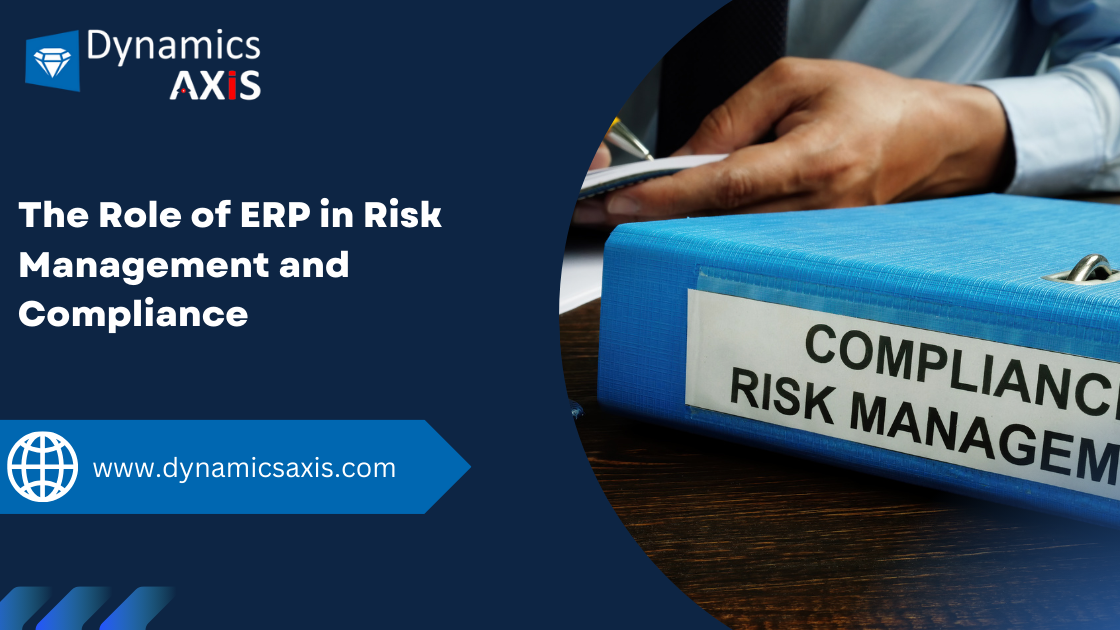The Role of ERP in Risk Management and Compliance
The Role of ERP in Risk Management and Compliance
In today’s complex business environment, organizations face a multitude of risks and compliance challenges. From regulatory requirements to cybersecurity threats, the need to effectively manage risk and ensure compliance has never been greater. This is where Enterprise Resource Planning (ERP) systems play a crucial role.
Centralized Data Management
One of the key benefits of ERP systems is their ability to centralize data from various departments and functions within an organization. By consolidating data into a single, integrated platform, ERP systems provide a holistic view of the organization’s operations. This centralized approach to data management enables better visibility into potential risks and compliance issues across the entire enterprise.
Risk Identification and Assessment
ERP systems facilitate the identification and assessment of risks by providing real-time access to critical data. Through features such as reporting and analytics, organizations can analyze data trends, identify potential risks, and assess their potential impact on business operations. This proactive approach to risk management allows organizations to address issues before they escalate into larger problems.
Streamlined Processes
ERP systems streamline business processes, which can enhance risk management and compliance efforts. By automating routine tasks and standardizing workflows, ERP systems reduce the likelihood of errors and inconsistencies. This not only improves operational efficiency but also ensures compliance with regulatory requirements and internal policies.
Integration with Compliance Frameworks
Many ERP systems offer built-in features and modules designed to support compliance with regulatory frameworks and industry standards. These features may include customizable workflows, audit trails, and compliance reporting tools. By integrating compliance requirements directly into the ERP system, organizations can ensure that they are adhering to applicable regulations and standards.
Data Security and Privacy
ERP systems often include robust security features to protect sensitive data and mitigate cybersecurity risks. This may include access controls, encryption, and authentication mechanisms to prevent unauthorized access to sensitive information. Additionally, ERP systems help organizations maintain data privacy by enforcing policies and procedures for data handling and storage.
Continuous Monitoring and Reporting
ERP systems enable organizations to continuously monitor and track key metrics related to risk management and compliance. Through dashboards and reporting tools, stakeholders can access real-time information on compliance status, risk exposure, and control effectiveness. This visibility allows organizations to make informed decisions and take timely corrective actions as needed.
Conclusion
In summary, ERP systems play a critical role in risk management and compliance by centralizing data management, facilitating risk identification and assessment, streamlining processes, integrating with compliance frameworks, ensuring data security and privacy, and enabling continuous monitoring and reporting. By leveraging the capabilities of ERP systems, organizations can effectively mitigate risks, maintain compliance, and safeguard their business operations.
Feel free to adjust the content to better suit your specific audience and context.

